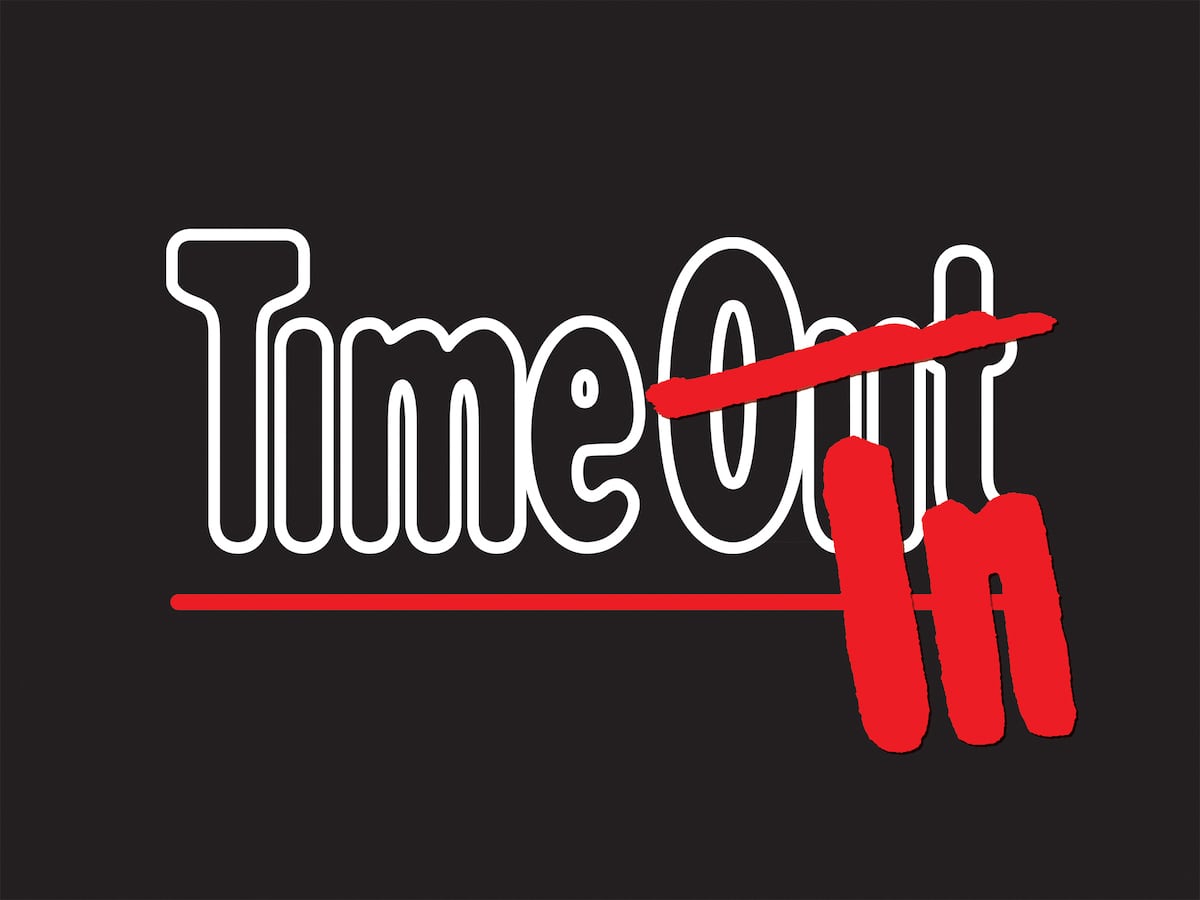As an ASEAN-wide communications agency, Vero has been grappling with big questions and concerns from their clients – many of them from outside the region – about what they can do to adapt and survive in the world that the Covid-19 pandemic has created.
Just as the SARS epidemic played a part in accelerating China’s digitalization to make it the digital superpower it is today, the Covid-19 crisis can be a turning point for the business community in Vietnam.
Hong Phuc Ngo, Vero’s Strategic Planning Lead in Vietnam, is here to offer some of the advice he’s been giving Vero clients over the past several weeks.

What should we be doing now?
Act as fast as you can. You may not know it, but chances are your business is already in the middle of a communication crisis. In a recent blog article, we defined a crisis as a situation in which normal business operations are disrupted.
This virus has thrown much of human society into a crisis, and businesses are an inextricable part of society, so who wouldn’t call the current situation an economic crisis?
Your only options are to address it or be left behind, so you should be freeing up as many resources as possible to deal with this new paradigm.

You may have to dramatically alter your current business model. One of our clients operating in an infected area managed to quickly acknowledge the urgency of the situation, communicate it to their customers, and rebound with a new model, all in less than a week, by shifting from organizing in-person fitness classes to delivering supplies and arranging group classes online.
For larger companies, it may not be feasible to pivot so quickly, but it’s worth reviewing every aspect of your business model to see what changes you can make right away.
How can we handle the crisis responsibly?
No business is an island unto itself. All depend on others to survive. Therefore, it’s necessary to fulfill your responsibility to the community of people who support your continued existence. To do so:

The status quo has changed, so you can’t expect to engage in business as usual. Expand some departments while contracting others. Shift your resources to the areas with the most demand.
Allow employees to work from home, and support them through any potential health crises. For those employees and customers whose physical presence is required, take every possible measure to ensure that they are safe.
Communicate to them what you are doing, not as a form of self-congratulation but as an obligation; a matter of course. Both internal and external communication should be encouraging and conscientious.
We at Vero are accustomed to spending every day at the office, with frequent outside visits and meetings with clients. That makes us ideal vessels for the virus to spread. But now, we’re all primarily working at home and have cut down face-to-face team and client meetings to only the most necessary, while changing their locations to avoid crowded places.
Time Out, a well-known travel site whose entire MO is based around getting out and exploring the world, recognized the changing priorities of their users, changed their name to TimeIn, and began advising people to stay home during the outbreak.

What does a positive approach look like?
This is not the time to focus on profit or attempt to shut down the competition. It’s a time to build relationships by providing people with something they need while enabling your employees to get by, even if doing so means taking a loss.
Examine what new initiatives your business can bring to the table based on what you already do well. If you make a real positive effort to solve people’s problems, they will recognize you for it. But if you crassly take advantage of people’s desperate circumstances, you will face scrutiny now and reckoning in the future.
CSR measures are still useful as long as they leverage your strengths to do good. Lifebuoy’s handwashing stations in public places across three cities are a good example.
And on February 15th, Honda Vietnam called on their Honda Winner Clubs across the country to travel to schools and industrial parks outside major cities carrying 345,000 facemasks to students and workers, for whom masks are critical and who are more likely to run out.
On the social media front, I noticed a post from Milo suggesting ways parents can help keep kids active while they’re forced to stay inside. That’s a simple example, but it’s moving in the right direction. It may even be wise to do as Coca-Cola Vietnam has done, suspending its advertising and rechanneling its advertising budget to support COVID-19 relief and response efforts.
Don’t claim to be taking any measures that you are not taking, and don’t act like merely obeying the law is worthy of praise or recognition. Your customers deserve for you to go above and beyond for them. If they can count on you now, when they are looking for help wherever they can find it, you can expect to count on them later.
What changes can we make to prepare for the new business environment?
Anticipate what your customers will need in the weeks and months to come, as they adjust their lives to meet the new normal, and do what you can to provide those things before they’re demanded of you.
In many parts of the world, the virus has changed lifestyles to the point that entire sectors are going defunct, as the behaviors and rituals people took for granted are rapidly being abandoned.
Businesses whose operations can still reach their customers, and even appeal to new ones, are the ones that will survive.
We don’t know how long this will last, but the world won’t come out of it the same. Take this time to rethink your business model and product offer for long-term survival.
Many businesses have spent the past several years transitioning to primarily digital models. For those who haven’t yet, this is an opportunity to escalate that transition at a time of high digital adoption, all while offering people what they need.

And if you have been neglecting digital, now is the time to pivot hard in its direction. Any aspect of your business that can be done online and remotely should be digitized, and any that can’t should be fundamentally re-examined. Your fate as a business may very well depend on how successfully you can manage the inevitable transition into a digital-first global economy.
Streaming video has been popular for a while, but suddenly going to a movie theater is no longer even an option for most of us. Now some movie studios are pushing new releases to streaming early, and some steaming services are making entire series available to watch for free. This is a good way to invite people onboard while they’re actively searching for something to do with their time.
China has been going through this for a while. In the hardest-hit areas, spending on dining, entertainment, and other out-of-home activities has dropped to near zero, while digital spending has soared 250 percentage points to 300%.
Fortunately, the Chinese had successful digital business models in place: e-commerce sites like JD and Taobao that gained traction during the SARS epidemic, which hit China the hardest.
They foresaw how the changes in consumer behavior during the crisis would carry over to the post-crisis era, and in the process they helped birth China’s modern digital economy.
Now, after most shops closed down, the Chinese beer company TsingTao introduced the “Be A Distributor” program through its WeChat channel, inviting people to order cases of beer and get commissions from sales.
40,000 people joined in the first three days. It’s an example of both digital innovation and the opportunities that exist for switching from a typical B2C sales to a community-based system.
As delivery services ramp up and shipping backlogs grow, it may be a model worth following here in Vietnam and throughout the region.
Opinion by Hong Phuc Ngo, Strategic Planning Lead of Vero — Digital Marketing & PR agency in Vietnam, Thailand, Indonesia and Myanmar offering future-orientated PR, digital, social and influencer marketing services.
Related Content:
[Article] Opinion | Vietnam’s Food & Beverage Sector Will Bounce Back Stronger Than Ever
[Article] Vero’s Take On The Vietnamese Digital Marketing Scene Today






